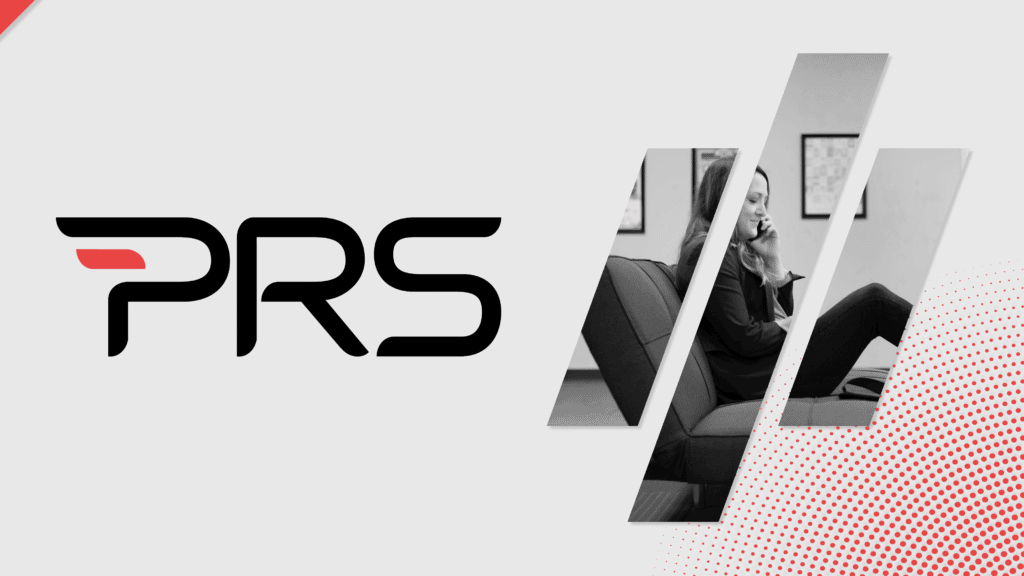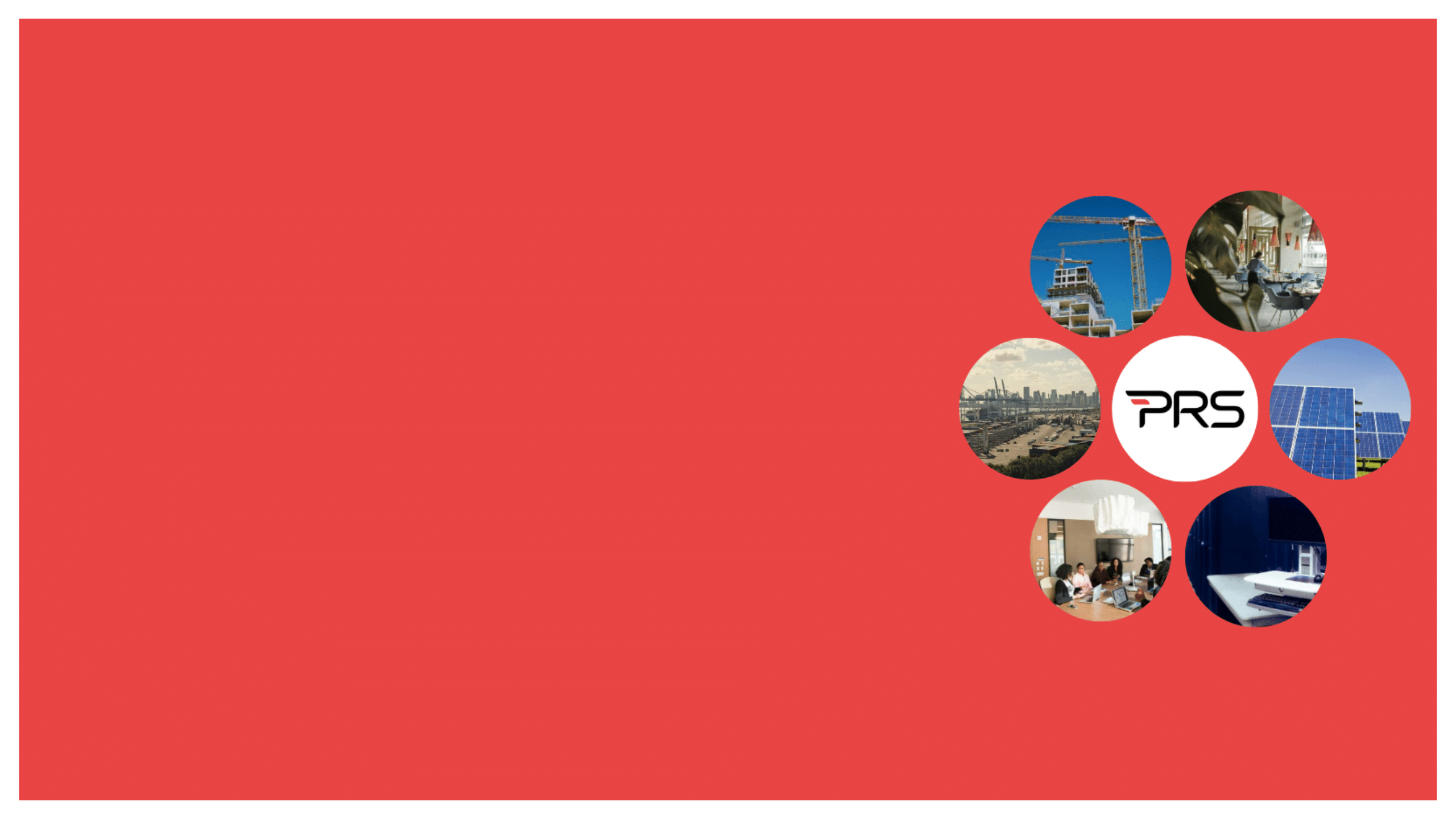Protecting your mental health at work
According to the World Health Organization (WHO), work is good for our mental health. It helps us feel valued, creates a steady routine and structure, boosts our sense of identity and, crucially, provides a source of income.
However, the pandemic has shifted the world of work, both in terms of how we work and our attitudes towards it. 2021 saw record job-to-job moves in an economic trend dubbed the ‘Great Resignation’ as employees voluntarily resigned from their jobs en masse.
People are now more inclined than ever to seek flexible roles that enable them to maintain a healthy work-life balance, working for employers whose values align with their own. Even those who have remained in the same position throughout the pandemic face fundamental changes to how they work, whether adapting to a new workplace set-up, embracing hybrid working or dealing with shifts in organisational structure and strategy.
Such changes, coupled with the extraordinary stress of the last two years, pose a risk to employee mental health. While many organisations recognise this and have implemented initiatives to support their people, workers must take the necessary steps to safeguard their mental health in the workplace.
Of course, if you feel that work is having a detrimental impact on your overall wellbeing, you must speak to your GP. For those looking for some simple yet effective ways to cope with stress, here are some of our tips…
Keep talking
If your organisation has adopted remote or hybrid working, it can be easy to feel isolated or out of the loop. That’s why it’s imperative to keep talking with colleagues and managers about anything that might be troubling you or that you’re unsure of.
We all witnessed the rapid spread of misinformation during the pandemic and the damage it can cause. With this in mind, try not to make assumptions about what’s going on in your workplace. Instead, take the time to ask questions and discuss any matters with your managers and teammates. Also, ensure you speak up if expectations and demands get too much so that your employer recognises where pressures lie and can address them.
Take breaks
Breaks are there for a reason, so always take them. It can be easy to work through during busy periods, especially if you’re working from home. Conversely, employees who have recently returned to the office and are getting used to sharing a workspace with their manager again might feel pressure to ‘show’ productivity. If possible, leave the workplace to take a walk outside or move to another part of the building to get some distance from your tasks.
Work smarter, not harder
It’s crucial to draw a line between work and home, which can be particularly tricky if you’re working remotely. Structure your days and try to stick to a routine. Dedicating a set time to specific tasks will help you more effectively manage your time and provide the leverage you need to avoid being pulled onto less productive activities. If it helps, track your hours and analyse them at the end of each week to see what’s taking up the most time and whether you require additional support.
Find out what you need
Sometimes small changes can make a world of difference. Examine your role and responsibilities: Do you have everything you need? Are you moving in the right direction? Is there a clear career path? Do you have autonomy in completing your tasks? If something is missing, speak to your manager to try and get it fixed.
Remember, if things are challenging, don’t delay reaching out to someone. You can only be a good employee if you’re healthy and your brain requires time to rest and heal in the same way your body does when it’s tired and under stress.
Mental health charity Mind provides guidance on how you can be mentally healthy at work, with suggestions for what you can do and where you can get support if you need it.
Time for a change?
If the time has come to explore your career options, PRS could help. Our team is on-hand for a confidential, no-obligation discussion about the opportunities available that align with your skills, experience and aspirations. Call us on 0207 553 5660 or email info@prsjobs.com.
Share Article
Related Articles

Facilities Management Recruitment: Where Are the Best Jobs Right Now?
Facilities Management Recruitment: Where Are The Best Jobs Right Now? Facilities management has always been a crucial part of keeping businesses running smoothly, and now, more than ever, the sector is buzzing with opportunity. Whether you’re a seasoned facilities manager or just getting started, there’s a huge demand for talent across the UK. So, where…

Top Interview Questions for Hiring Facilities Management Professionals
When recruiting facilities management professionals, asking the right interview questions is crucial for identifying candidates with the technical skills, leadership qualities and problem-solving abilities necessary for success. As recruitment specialists with extensive experience in the facilities management sector, we understand the unique challenges you face when building your team. Key Interview Questions to Ask Facilities…
